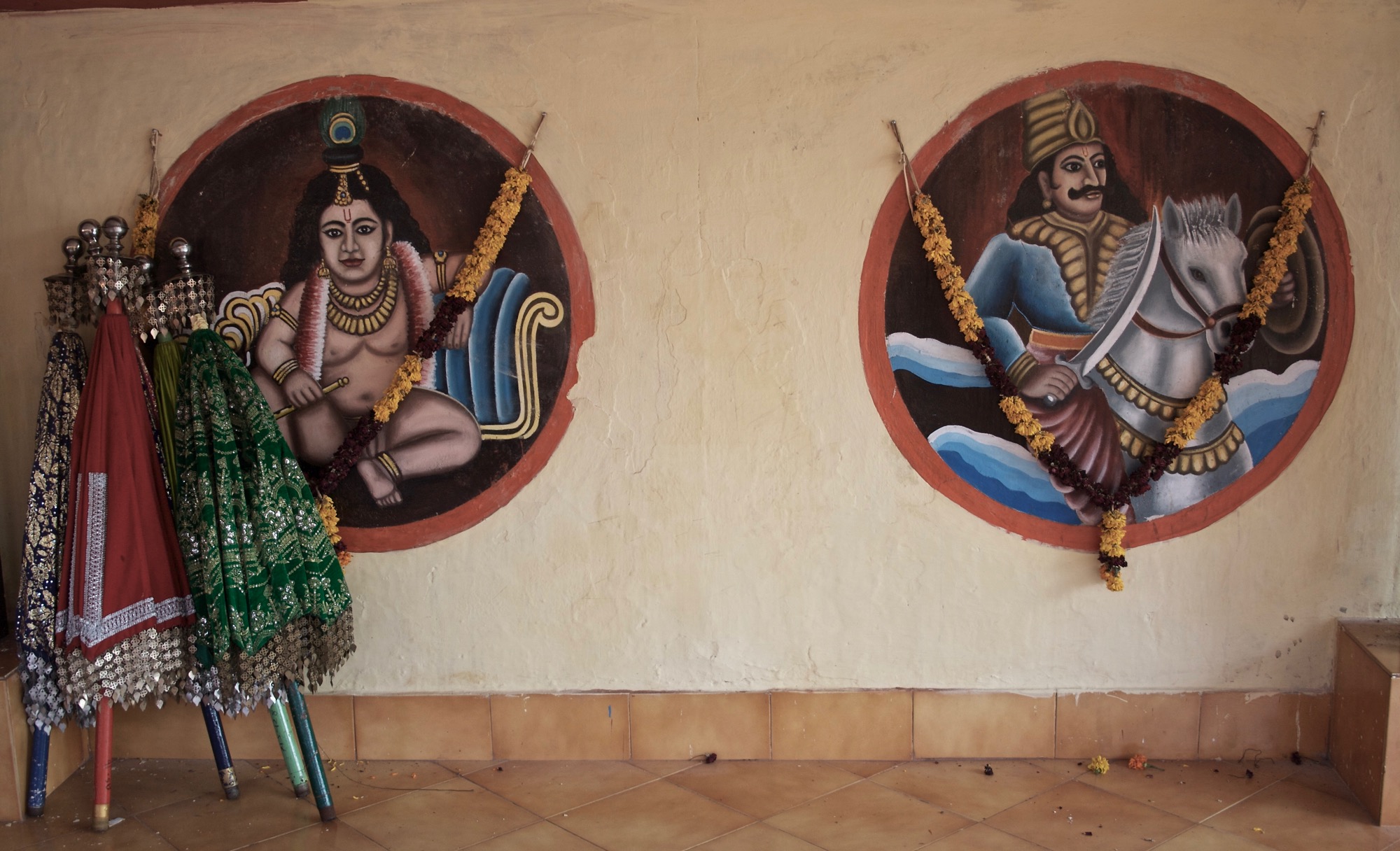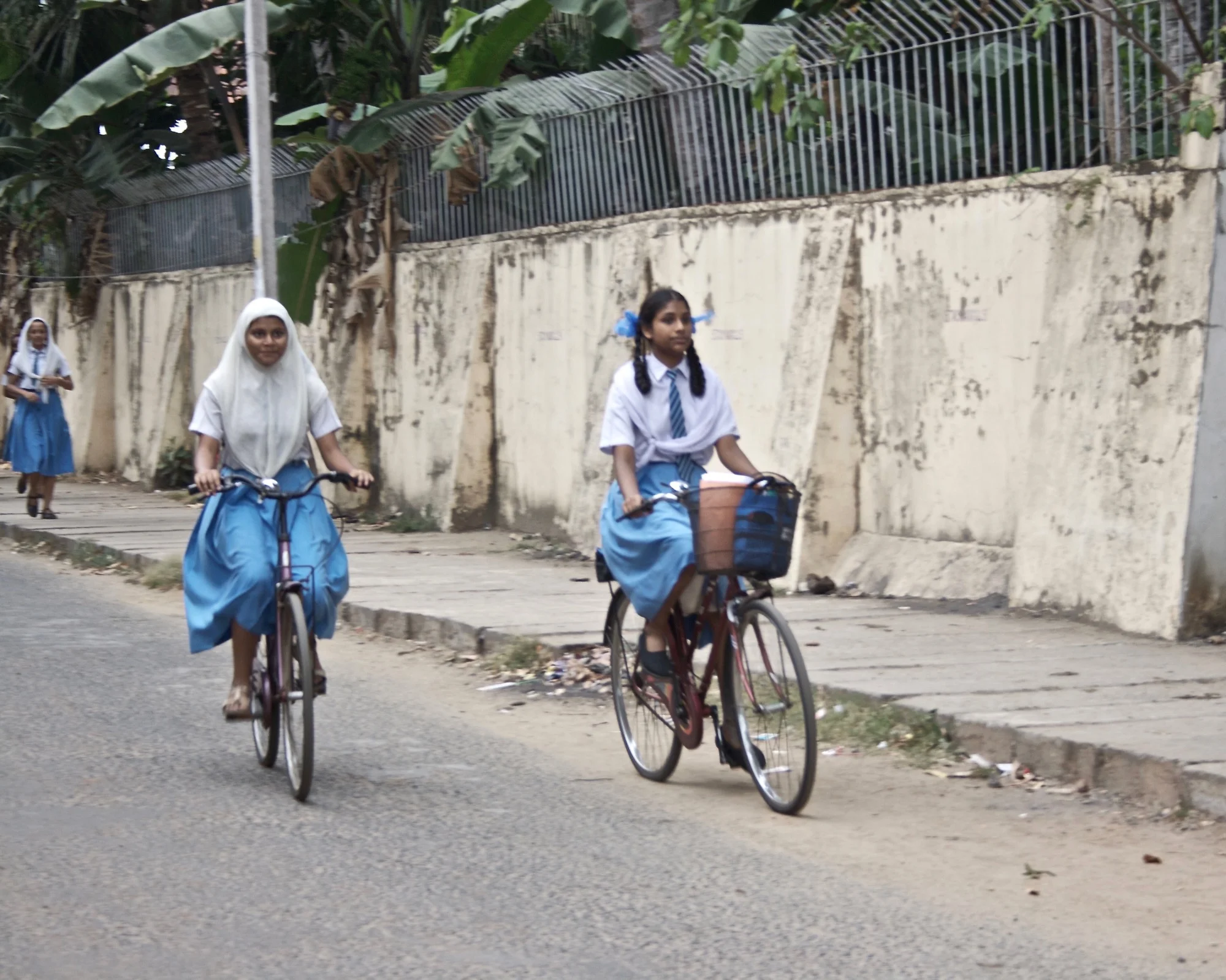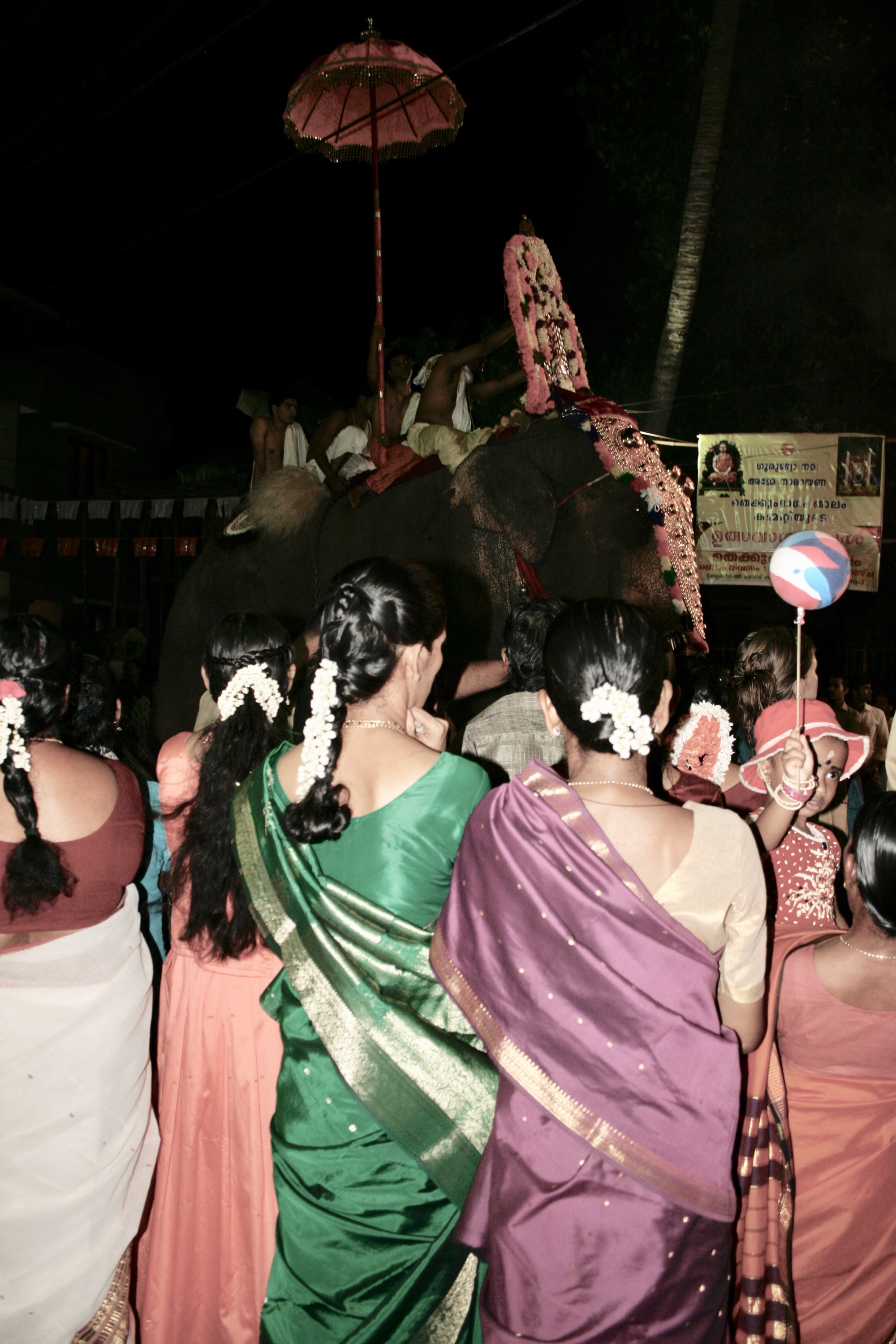
Is it because of its communist/socialist legacy?
Is it because of its communist/socialist legacy?
Fleeing the cold and dump weather of London, in January 2010 we decided to go to Kerala, a state on the southwestern coast of India. Apart from being a fan of its food, I knew almost nothing about the country's political and cultural history. The trip was eye-opening and impressive on multiple levels: rich culture, rich history, rich colours, tolerance, biodiversity, etc. One of the things which impressed me the most was how people liked reading their (printed) newspapers. Wandering the streets, I also came across posters of Lenin, Marx, Engles and Che Guevara. The trip was a stimulus for reading more about Kerala's social and political history. When back in London and reading about it I learned that despite having a GDP of US$2300 per capita, Kerala scores high in literacy and health (life expectancy 74 years). In the 2011 census, it had 93.91 literacy rate, the highest in the country's 29 states. The question remains: are these achievements attributed to its communist/socialist legacy?


















































